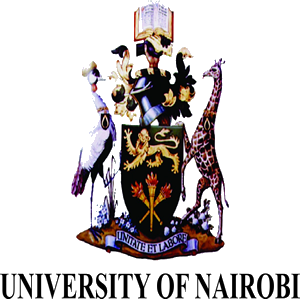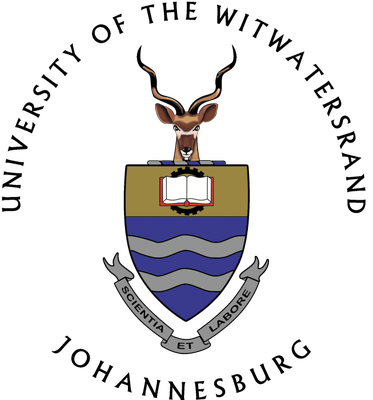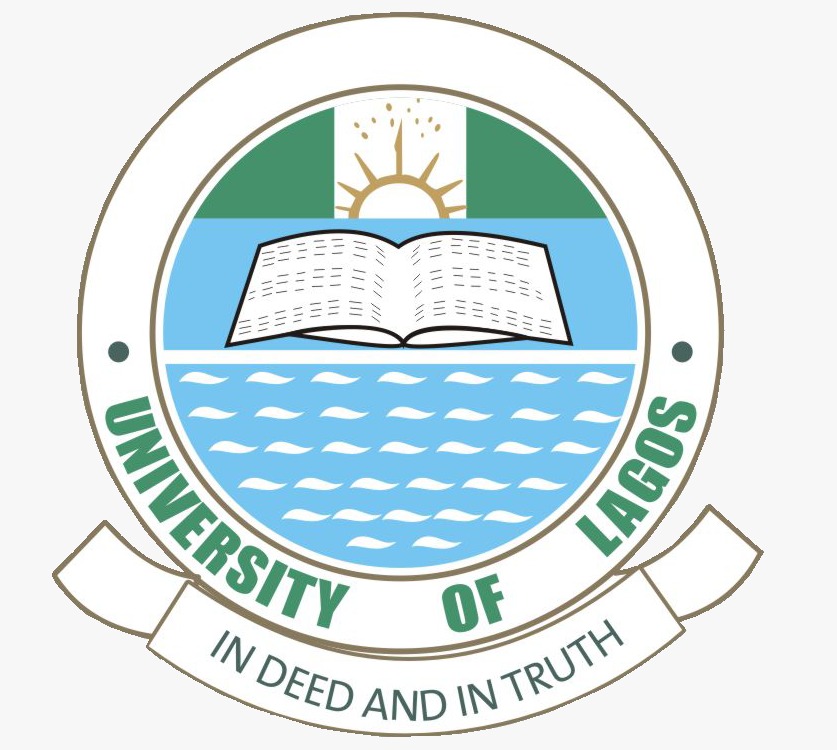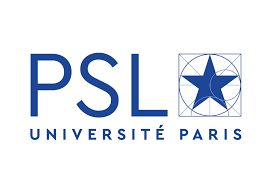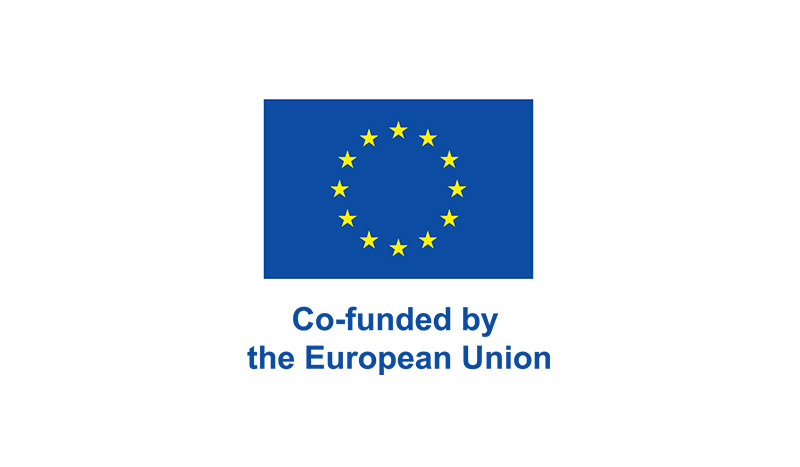The GREEN-STEM project, which is part of the Intra-Africa Academic Mobility Scheme, is a cross-regional mobility cooperation by a consortium made of University of Nairobi (Kenya), University of Lagos (Nigeria), University of Rwanda (Rwanda), University of Witwatersrand (South Africa) and, in Europe, University of Paris Science et Lettres (France). It addresses the serious challenges faced by most African countries such as:
- Low development
- Under-capacited and inadequate Higher Education systems
- Youth unemployment and lack of human capacities
- Sensitivity of their carbonized economies
For more details about the program, visit the Intra Africa Home Page
GREEN-STEM mission is to put African Universities at the forefront of a Sustainable and Green development and to empower their leadership to tackle the Climate Change impacts by Science, Technology, Engineering and Mathematics.
GREEN-STEM prepares for a Higher Education, Research and Innovation space in Africa to multiply and enrich national capacities. The program grantees, students and staff, will constitute a pool of multi-cultural and entrepreneurial young talents who will serve societal needs and challenges.
The over-arching objective of GREEN-STEM is to contribute to a green, resilient, and sustainable development of Africa and its countries by implementing intra-Africa academic mobility opportunities in Science, Technology, Engineering, and Mathematics, necessary to share good practices and to build capacities in Higher Education, Research, and Innovation (HERI).
The specific objectives are:
- To generate and sustain an African cross-enriched community of universities & stakeholders in capacity to join forces to tackle global challenges, particularly Climate Change and its impacts.
- To contribute to building an African HERI space of quality, internationally attractive, where mutual recognition, cooperation and joint programs take place.
- To consolidate a proactive, assertive, and entrepreneurial momentum in Africa to energize the HERI community and to prepare African countries for the future, especially in the context of their societal and environmental challenges.
- To develop the employability and relevance of the university graduates, especially by training their transversal competencies and digital literacy.
- To generate green jobs by technology transfer from labs to market and by an entrepreneurial and innovation-based education of students and staff.
- To offer an affordable and inclusive higher education, especially for women, vulnerable, and special needs populations.
All participating institutions are members of the African Engineering and Technology Network (Afretec) and African Research Universities Alliance (ARUA).
Central Coordination Office (CCO)
The University of Nairobi, Kenya
Local Coordination Offices (LCOs)
University of Lagos, Nigeria
University of Rwanda, Rwanda
University of Witwatersrand, South Africa
European Liaison Office (ELO)
University of Paris Science et Lettres, France
Associated partners
Afretec Network
Bureau Veritas
Elgon Kenya
Olvea Kenya


